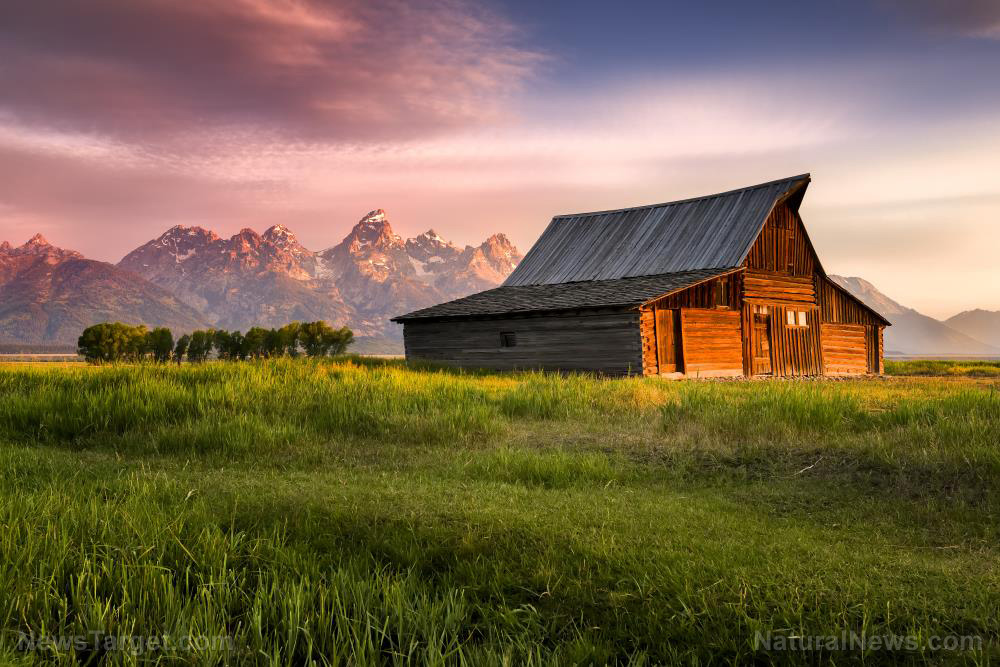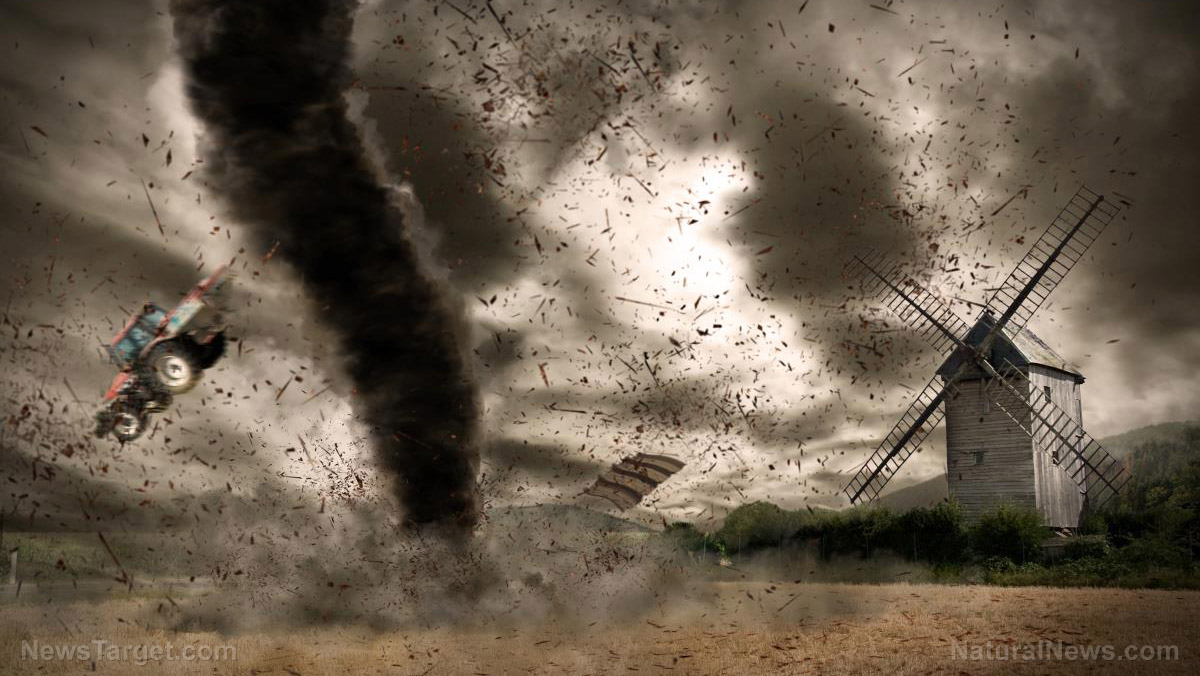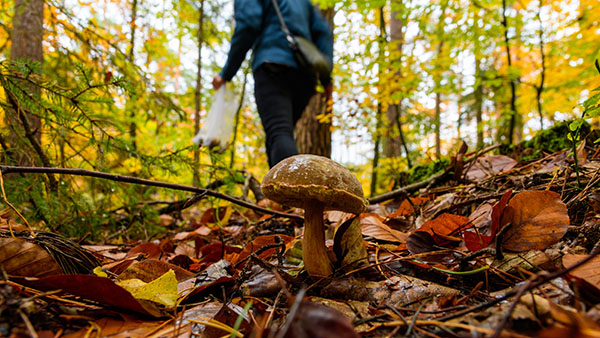
Knowing how to build a fire means you can stay warm, cook, boil water, or have a source of light wherever you are when disaster strikes.
Firestarting basics
Like other prepping and survival skills, you need to practice firestarting to get the basics down. When it's time to start a fire in the woods, knowing what to do means you spend less time trying to figure out how to cook your food without a stove or a lighter.
First, you need to learn about the fire triangle, which details a fire’s requirements: oxygen, an ignition source and fuel. Oxygen is readily available, but having too much or too little of it can affect how quickly you build a fire.
Your ignition source is anything that provides heat to combust materials. This can come from a lighter and matches, friction, or a chemical reaction.
Fuel starts your firebase and keeps it going. Fuel is broken down into three categories:
- Tinder is any dry material with a lot of surface area that burns easily. You can use materials like bird’s nests, cotton balls, dry grass, the tops of dried weeds, tree bark, twigs and wood dust. You can also use man-made tinder, like dryer lint.
- Kindling is placed on top of the burning tinder. Since tinder doesn't burn for a long time, you need small pieces of kindling that will catch fire quickly. Kindling shouldn't be thicker than your fingers, so look for dried twigs.
- Fuel can be any type of wood larger than your kindling, like branches and logs.
Once you have everything you need, prepare to start a fire. Get plenty of tinder and keep the kindling nearby.
After you ignite the tinder, add the kindling slowly so you don't snuff out the fire. When you have a hot base of embers, carefully place the fuel around and above the fire.
5 Types of campfires
Below are five types of campfires that you can use if you need to cook or stay warm while outdoors.
Dakota hole fire
Build a Dakota hole fire if you want to conceal the light of your fire or protect it from the wind. To build this campfire, you'll need a digging tool.
Steps:
- Dig a hole that's about one foot wide by one foot deep.
- Inside the hole, dig a tunnel that's at least one foot long, with the end of the tunnel connecting to the surface.
- Place the tinder and kindling in the large hole and start a fire. The tunnel will provide airflow to the base of the fire. Since the fire is burning under the surface of the ground it will be contained and hidden from unwanted pursuers.
Keyhole fire
The fire pit of a keyhole fire looks like an old-fashioned keyhole.
Steps:
- One side of the pit needs to be in the shape of a circle. On one side of the circle, form a connected area in the shape of a rectangle. This design makes it easier to regulate the temperature of the fire, like if you were about to cook something.
- Light a fire in the middle of the circle.
- When you establish a good base of hot embers, rake the coals to the side and into the rectangular section. Wood will continue to burn in the main section of the pit and you can use the coals to the side for cooking. (Related: Fire is a versatile survival asset – Here’s a list of things you can cook over it.)
Log cabin fire
The frame of a log cabin fire is constructed from larger pieces of wood and assembled like a log cabin.
Steps:
- Place two pieces of wood into the fire pit that are parallel to one another. Leave enough space in between for the fire.
- Place two similar-sized pieces of wood on top of the first two so that they're perpendicular to the base. Repeat this process until the pile of wood is big enough for your needs.
- Place the tinder and kindling in the middle and start a fire.
Pyramid fire
A lot of the wood for this design is pre-stacked so you can use this frame if you don't want to constantly add wood to your campfire.
Steps:
- Make a pile using large pieces of wood then stack smaller and smaller pieces upward to form a pyramid-shaped pile. Place the ascending layer opposite of the previous layer.
- You can light a pyramid fire from the bottom but the tinder and kindling are usually lit and placed on top.
Upside down fire
As the name implies, an upside-down fire is the reverse setup of most fires.
Steps:
- Make your base by placing several large pieces of wood parallel and butting up next to one another on the ground.
- Place slightly smaller pieces of wood on top of and perpendicular to the base. Keep stacking smaller and smaller layers of wood upward until the woodpile is as tall as you need it.
- Place the tinder and kindling on top and start the fire. Feed the fire with kindling until it starts to burn downward.
Always be mindful of your surroundings when building a campfire. Never start a fire you can't control and extinguish it properly when you're done with it.
Visit Preparedness.news for more articles with tips on how to improve your firestarting skills.
Sources include:
Please contact us for more information.























